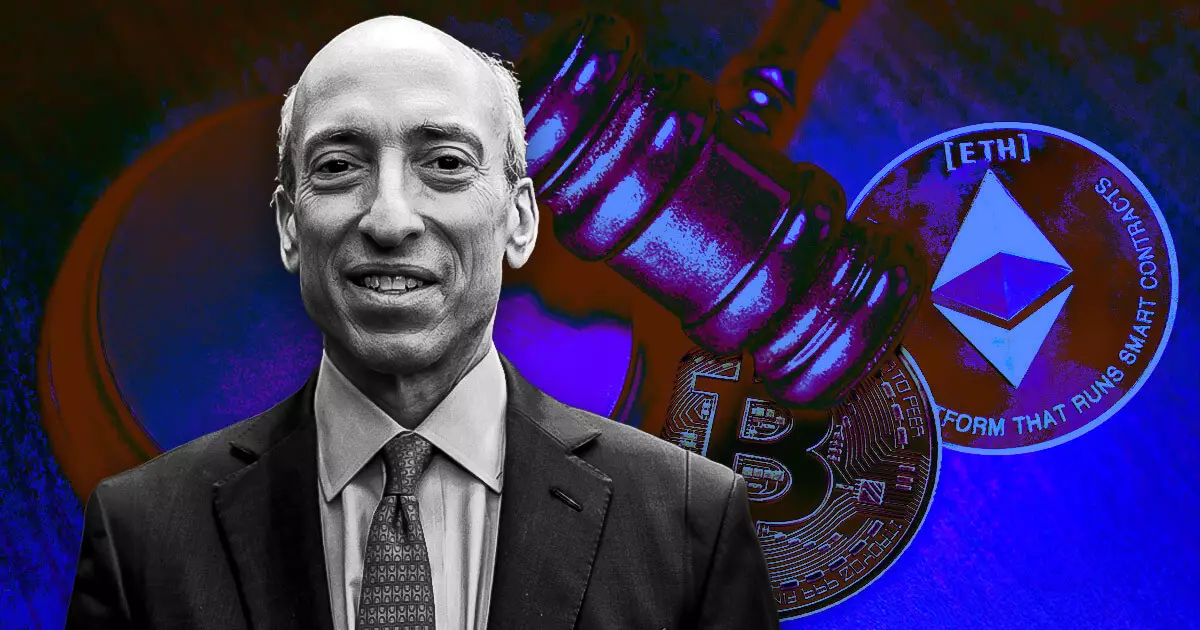The United States Securities and Exchange Commission (SEC) is reportedly poised to reject applications for two exchange-traded funds (ETFs) connected to Solana (SOL). This anticipated decision has significant implications for the cryptocurrency market, particularly in how institutional investors might approach SOL investing. The context provided by Bloomberg ETF analyst Eric Balchunas indicates that SEC Chair Gary Gensler may be preparing to deliver what some describe as a “parting gift” to the industry, as his tenure is set to end on January 20, 2025. While this may be interpreted as a final show of resistance toward the crypto sector, it also highlights the complex dynamics within regulatory environments.
Eleanor Terrett from Fox News reported insider information from two issuers of the Solana ETF, suggesting that under Gensler’s leadership, the SEC may not approve any new crypto-related ETF applications. This essentially places a halt on any immediate potential for these financial products to enter the market. Eric Balchunas anticipates that these applications may resurface once Paul Atkins assumes the role of SEC chair, alluding to an upcoming shift in regulatory direction. The prevailing sentiment in the financial markets is that Gensler’s approach appears to prioritize caution and regulatory alignment over market innovation.
Gabor Gurbacs, a former digital asset strategy director, echoed sentiments across the crypto community with dismissive remarks about Gensler’s upcoming departure. Balchunas’ response reinforces the notion that many industry insiders view the current SEC’s tactics as a hindrance rather than a protective mechanism. Yet, it’s crucial to note that fellow Bloomberg analyst James Seyffart presented a more nuanced perspective. He argues that Gensler’s decision-making is influenced by broader legal implications, particularly since the SEC has classified cryptocurrency as a security in various lawsuits. Thus, Gensler was effectively cornered; approving the Solana ETFs while simultaneously endorsing the view that SOL constitutes a security would be contradictory.
Seyffart’s assessment suggests that the Solana ETF approvals are “dead in the water” until there is a definitive resolution regarding the outstanding lawsuits. This could potentially delay any positive movement on Solana ETFs until at least August 2025, or later, given the uncertainty around the new SEC administration’s strategies and priorities. The situation raises vital questions about the future of crypto ETFs as they stand at a crossroads of regulatory scrutiny and innovation.
The evolving regulatory landscape remains a significant factor influencing cryptocurrency market dynamics. As the SEC prepares to embark on a new phase with potential leadership changes, the fate of Solana ETFs and other crypto-related financial products hangs in the balance. The ongoing litigation against major players like Binance, as underscored by Ripple’s chief legal officer, adds more complexity to the picture. The outcome of these regulatory decisions will not only affect Solana and its ETF prospects but could also set crucial precedents for the broader cryptocurrency ecosystem, signaling either a revival of institutional participation or a continued climate of skepticism.
















Leave a Reply